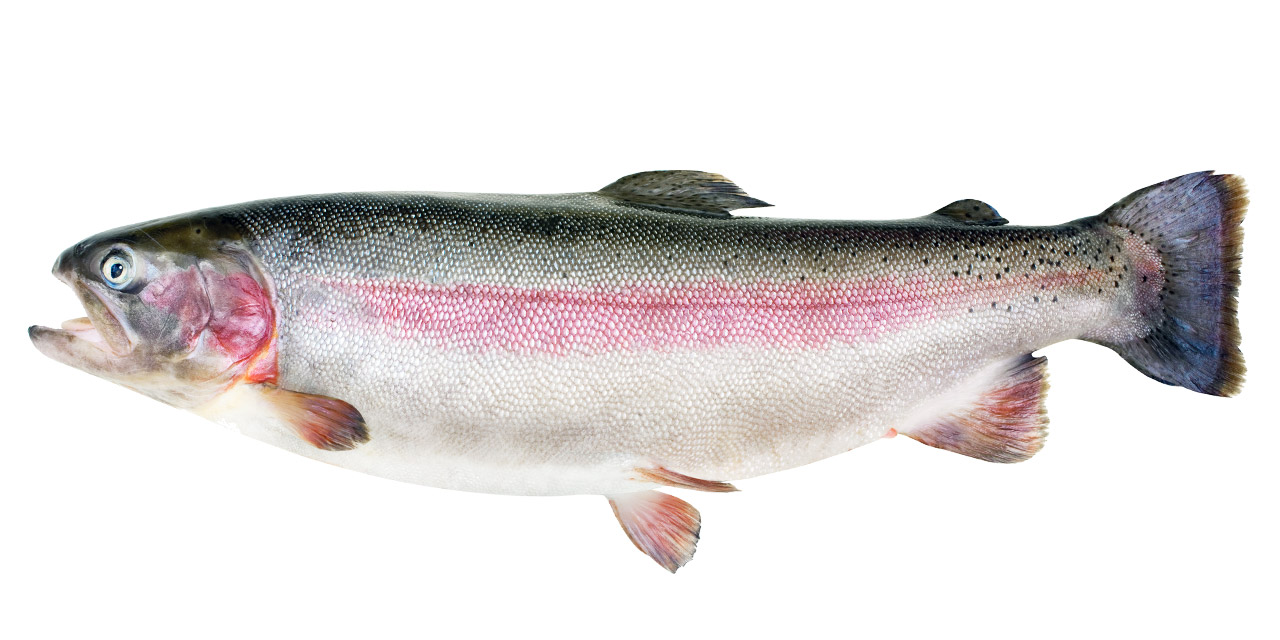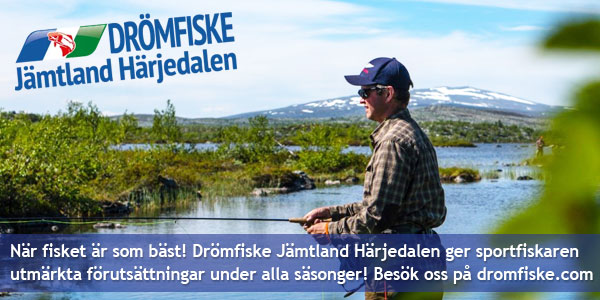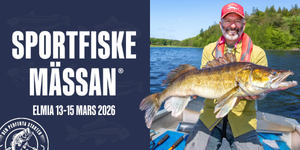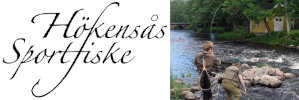Användarmeny
Rainbow trout ( "Regnbåge") Overview
"Regnbåge") Overview

Rainbow trout - Oncorhynchus mykiss
The rainbow is quite similar to trout but has a reddish band along the sides and in addition its fins are spotted.
The name is partly due to the fact that the male in particular changes colors during play.
Population
The rainbow is planted in Sweden and is therefore not a natural species. However, it has become one of the most popular fish species to fish for in Sweden thanks to the widespread "Put and Take" fishing.
The rainbow is extra popular in fly fishing circles as it is willing to cut, fights well, and switches to a natural food quickly. But it is also very popular among spinners and anglers.
Size and growth
The rainbow can grow very quickly if the conditions are favorable. Despite the fact that the vast majority of rainbows cannot reproduce in a natural way in Sweden, this has actually happened in some watercourses.
Most often, the "rainbow" "plays" in the spring, ie. that it behaves as if it is being played, that it does not (in most cases) lead to any offspring.
In North America, which is the natural habitat of the rainbow, it has a similar growth phase to trout.
Record size
The largest rainbow in Sweden is 14.16 kg.
In North America, they can weigh up to 20 kg.
Fishing tips
When fly fishing: The most important thing is to see the prevailing conditions. Watching it means that the rainbow eats insects on the surface. Hatchers, fully developed insects such as night dragonflies, day dragonflies & brook dragonflies can be on the rainbow menu. If you do not see a wake, it can be good to test a nymph (not a fully developed insect that lives below the surface), such as a hare ear. Vary the take-home speed.
Another very popular fly is the streamer, a fish imitation. Applying colors such as red and orange is something the rainbow usually likes.
When spinning: All different spoon pulls and spinners can make the rainbow cut. Do not be afraid to put on something colorful. Vary the take-home speed.
Angling: Worm and shrimp are very popular, even artificial baits like Power bait.
If you are going to fish with shrimp, it often pays to buy fresh unpeeled shrimp.
Most efficient fishing methods
Information below is based upon thousands of real catch reports from the past two years.| Winter | Spring
| Summer | Autumn
|




